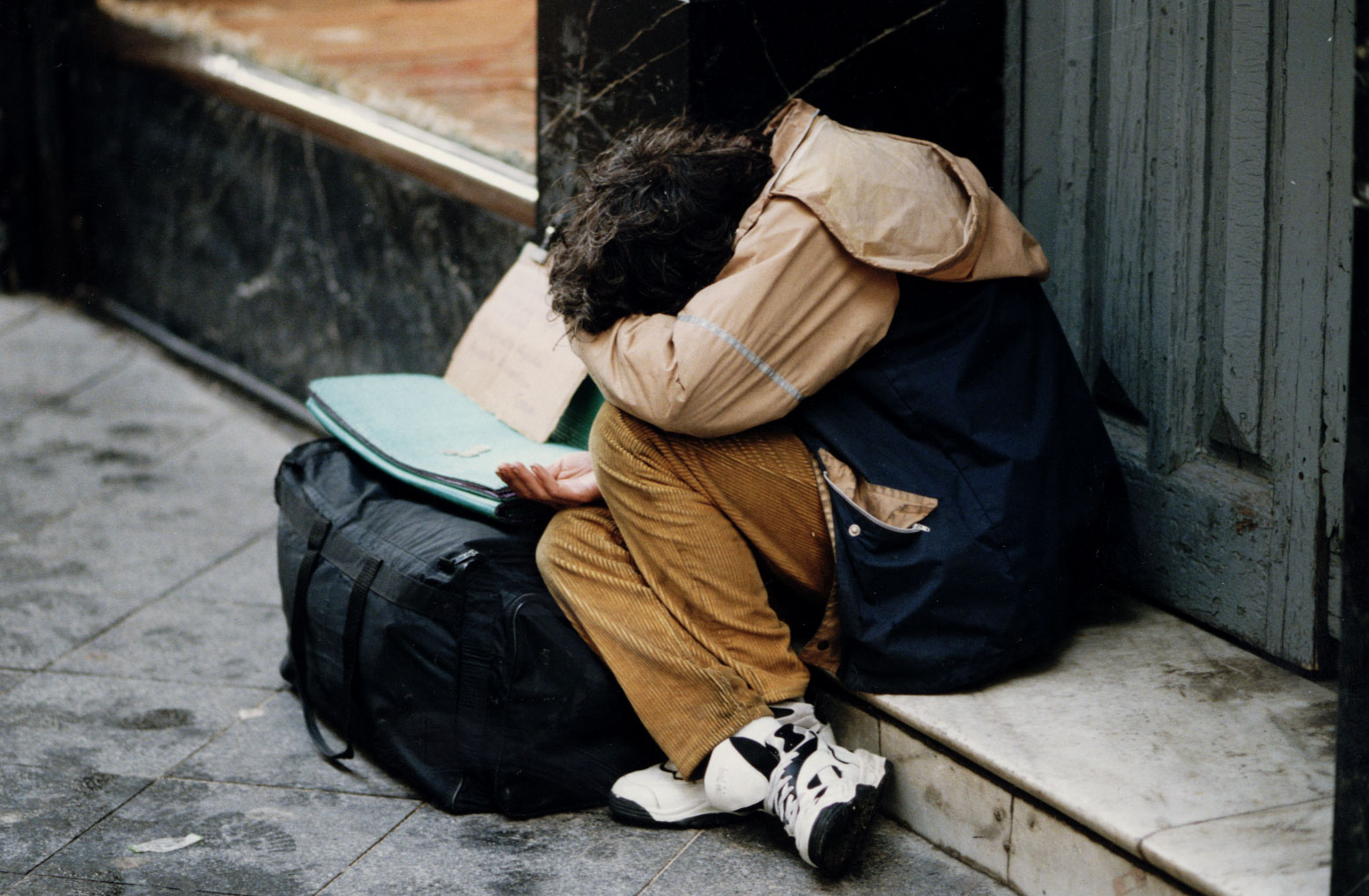European Parliament: Workshop on Female Poverty
Published:
On 30 March the Committee for Women's Rights and Gender equality in the European Parliament organised a workshop on the main causes of female poverty. Speakers of the event were among others Prof. Diane Perrons from the London School of Economic, who explained that despite of the differences between the countries, the poverty risk, during working life and in old age, is much higher for women than for men.
Dr. Wim Van Lancker from the University of Antwerp showed during his presentation about the effects of poverty on the living and working conditions of women and their children, that especially migrants and single mothers have a higher poverty risk. The poverty risk of women and their children is also linked to the mother's education level and the working area. Therefore it is important not only to improve the reconciliation of family and working life, but also to tackle gender segregation and stereotypes in education and on the labour market.
Dr. Yekaterina Chyenzhen from UNICEF presented in the report "Children's of the Recession: Inequitable Impacts of the Economic Crisis", which was published in September 2014. Children – together with their families - are even more affected than other vulnerable groups by the austerity measures, which were implemented due to the crisis.
The workshop has shown that the education sector has a decisive role not only to tackle gender stereotypes and gender segregation but also to enhance all children. Therefore the working conditions in the education sector need to be taken into account. In most member states the sector is strongly segregated – due to the high employment rate among women. Would the governments improve the working conditions and the salaries of teachers, it would not only reduce the number of poor women in the teaching profession but also improve the quality of education.
To see more about the workshop, please click here.
To see the main findings of the presentation, click to read the report on the main causes of female poverty.